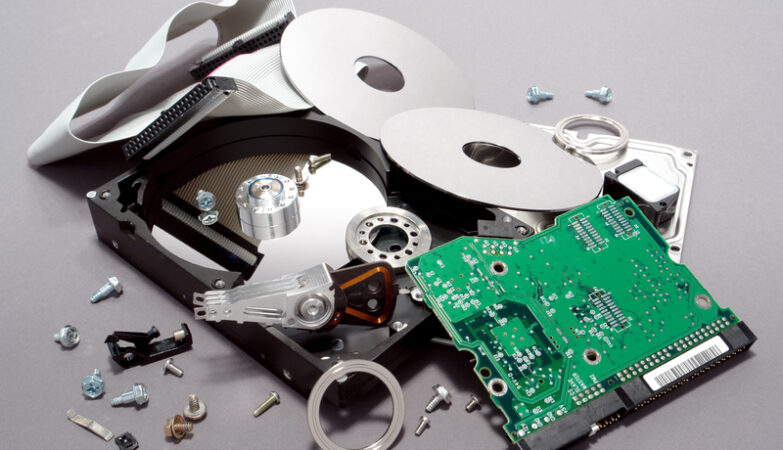When it comes to large manufacturing orders, consistency is everything. Whether a business is producing thousands of identical parts or highly complex components, the ability to maintain accuracy across the board is crucial. A CNC machine company understands this need and has developed specific strategies to ensure flawless execution from the first part to the last. Let’s explore how these companies achieve the precision and reliability needed for high-volume production.
Implementing Precision Programming for Every Run
The backbone of any successful CNC machine company lies in its programming. Every run, whether it’s for 100 or 10,000 parts, starts with meticulous code that controls the machine’s movements. Precision programming ensures that each part produced adheres to exact specifications, without deviations.
A skilled programmer plays a key role here, converting design blueprints into the code the machine can follow. But it’s not just about writing the code—it’s about adjusting it for efficiency. CNC machines operate on these programs, and even the smallest tweak in the code can optimize the speed, accuracy, and overall flow of production.
Utilizing Multi-Axis Capabilities for Complex Parts
Manufacturing complex parts requires more than just basic CNC machining. Multi-axis CNC machines allow for the production of parts that have intricate geometries, such as angled cuts or curves, that would otherwise be challenging to achieve. A CNC machine company uses multi-axis capabilities to deliver parts that are not only consistent but also meet the most detailed design requirements.
By operating on multiple axes, these machines can rotate the workpiece or tool, allowing it to reach otherwise inaccessible areas. This ensures that even the most complex parts are produced with the same precision as simpler components. The use of multi-axis machines in large production orders is especially important, as it maintains consistency in each piece, no matter the complexity of the design.
Maintaining Tooling Integrity Throughout Long Production Cycles
The tools used in CNC machining are just as important as the machines themselves. Tool wear is inevitable during long production cycles, but a CNC machine company ensures that the tools remain in optimal condition to maintain consistency. Tooling integrity is maintained through regular inspections and replacements, which prevent gradual inaccuracies from creeping into the production process.
CNC machines rely on various tools such as drills, mills, and lathes to shape materials. As these tools wear down, they can lose their sharpness, leading to imprecision. By monitoring tooling wear and replacing tools as needed, the CNC machine company avoids disruptions in quality, ensuring that each part produced is as accurate as the first.
Using Automated Quality Control Checks During Production
No production process is complete without quality control, and a CNC machine company integrates this step seamlessly into the workflow. Automated quality control checks are essential, especially during large orders, to ensure that every part meets the necessary standards. These checks are conducted at various stages of production, often using high-precision sensors and measurement tools.
These automated systems can measure dimensions, surface quality, and even the structural integrity of each part, ensuring any deviation is caught early. By implementing this technology, the CNC machine company prevents defective parts from reaching the customer, guaranteeing consistency and reducing waste.
Optimizing Machine Calibration for Repeated Accuracy
Machine calibration is key to repeated accuracy in CNC machining. A CNC machine company ensures that their machines are perfectly calibrated before each production run, guaranteeing that every part produced is identical to the last. This process involves adjusting the machine’s settings to account for wear and tear or environmental factors that could affect precision.
Calibration is not a one-time task—it requires regular attention. By keeping machines in top working condition, the company ensures that even large production orders remain consistent from start to finish. Proper calibration is the foundation of accuracy in CNC machining, enabling companies to meet tight tolerances and avoid costly errors.
Ensuring Stable Material Supply for Consistent Output
Consistency in production isn’t just about machines and programming—materials matter just as much. A CNC machine company ensures that the materials used in production are sourced from reliable suppliers and are consistent in quality. Fluctuations in material properties can lead to variations in the final product, so maintaining a stable material supply is crucial for ensuring consistent output.
Having partnerships with trusted material suppliers allows the CNC machine company to confidently produce large orders without worrying about inconsistencies in raw materials. This stability ensures that every part produced maintains the same level of quality, even across massive production runs.











